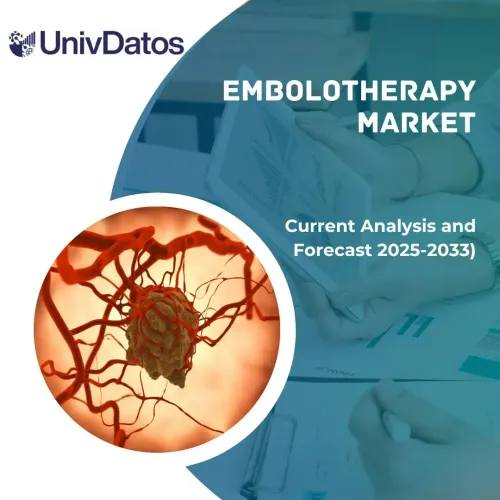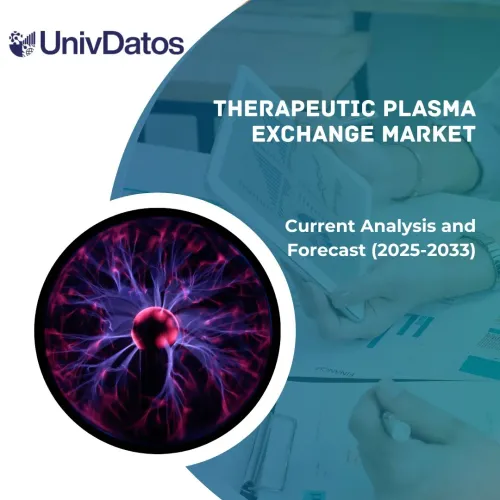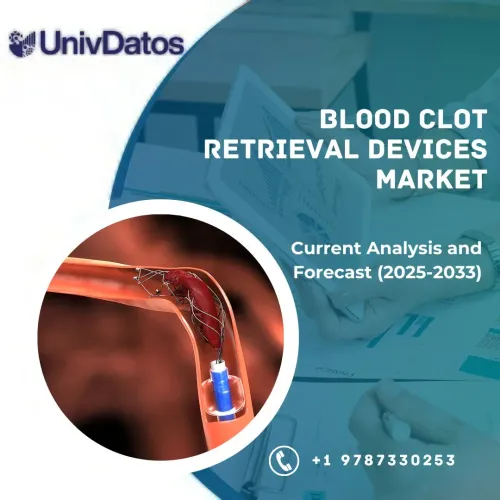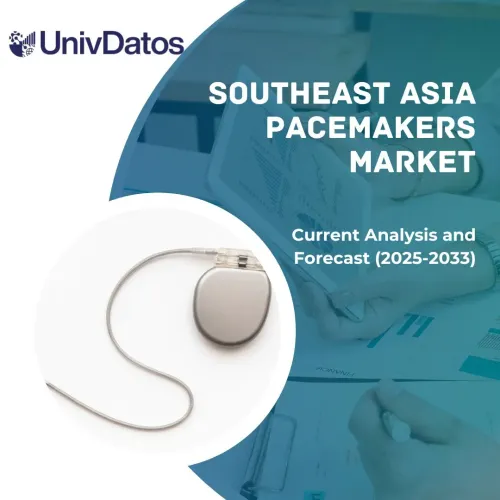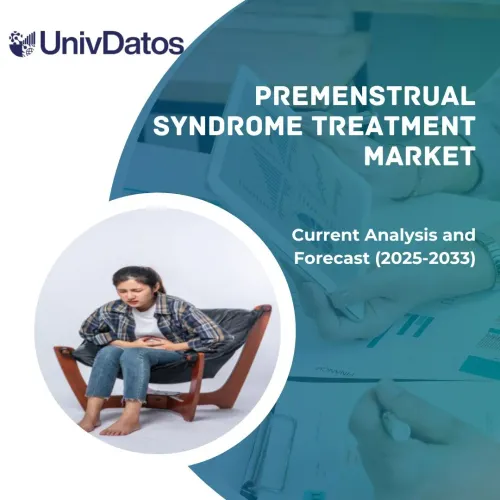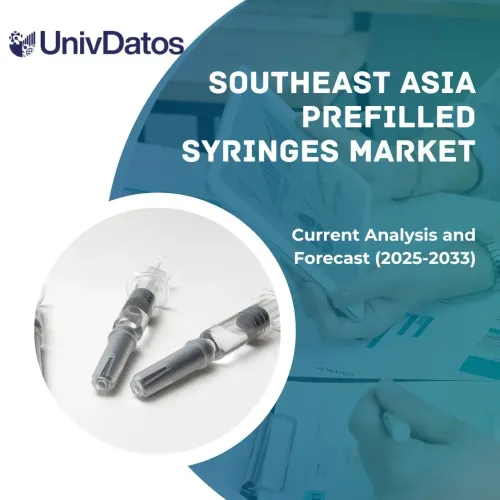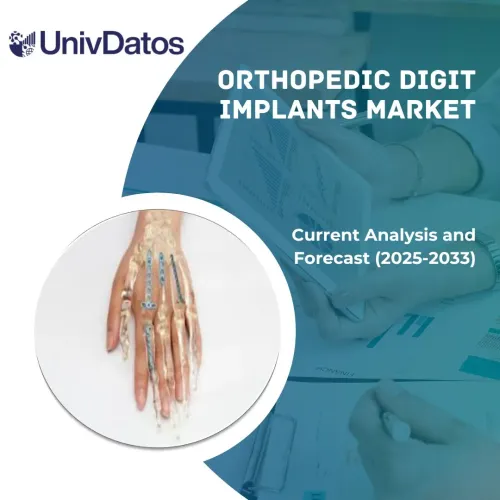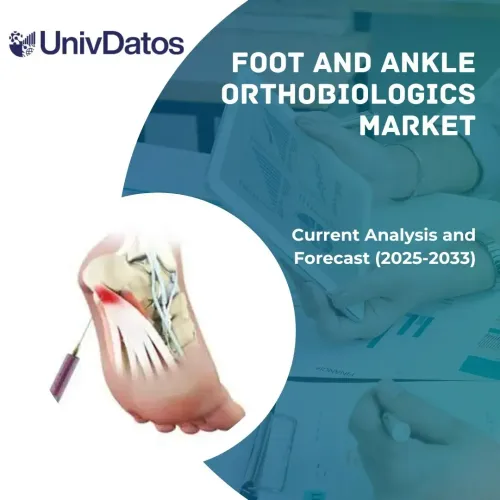- Home
- About Us
- Industry
- Services
- Reading
- Contact Us
Active Pharmaceutical Ingredient Market: Current Analysis and Forecast (2021-2027)
Emphasis on Synthesis (Biotech and Synthetic), Manufacturer Type (Merchant APIs and Captive APIs), Drug Type (Generic APIs and Innovative APIs), Application (Communicable Diseases, Oncology, Diabetes, Cardiovascular Diseases (CVDs), Pain Management, Respiratory Diseases, and Others); and Region/Country
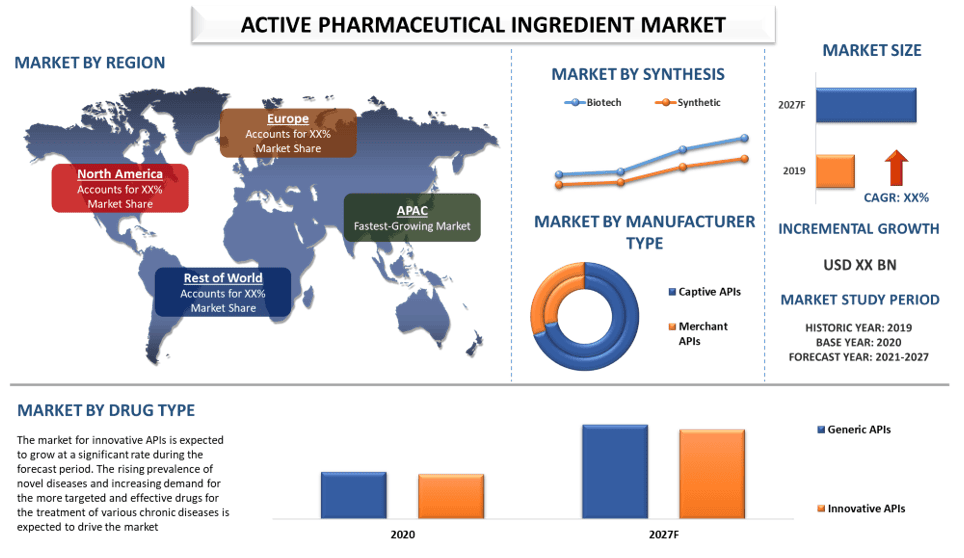
The Active Pharmaceutical Ingredient (API) market is predicted to grow at a CAGR of ~6% between 2021 and 2027. This growth is mainly attributed to the increasing prevalence of chronic diseases such as diabetes, cancer, and cardiovascular diseases coupled with the rising need for the availability of advanced treatment and medications for these diseases. Furthermore, rising healthcare spending by private and government institutions for the development of new and advanced APIs is expected to support the market growth. In addition, the continuous investment in the research and development of novel, stable, and more efficient drugs boosts the market growth of the active pharmaceutical ingredients. Moreover, highly potent active pharmaceutical ingredients (HPAPIs) represent a significant change in the way pharmaceutical companies are using small molecules to deliver new therapies. As the generic APIs market continues to get highly competitive, API manufacturers are shifting toward newer avenues such as HPAPIs to differentiate themselves from the competition.
Merck & Co., Inc., AbbVie, Inc., Bristol-Myers Squibb Company, Boehringer Ingelheim International GmbH, Cipla, Inc., Teva Pharmaceutical Industries Ltd., Albemarle Corporation, Viatris Inc., Aurobindo Pharma, Sun Pharmaceutical Industries Ltd., and Dr. Reddy’s Laboratories Ltd. are some of the prominent players operating in the API market. Several M&As along with partnerships have been undertaken by these players to facilitate customers with hi-tech and innovative products/technologies.
Insights Presented in the Report
“Amongst synthesis, biotech to witness higher incremental gain during the forecast period”
On the basis of synthesis, the market is bifurcated into biotech and synthetic. Among the two, in 2020, synthetic drugs held the higher share in the market. The presence of a well-established infrastructure for chemical-based drug manufacturing and increasing demand for synthetic APIs due to rising chronic diseases results in the category’s higher share. However, during the forecast period (2020-2027F) the market for biotech APIs is expected to witness significant growth. The increasing demand for the more targeted and patient-specific drugs along with increasing investment in biotechnology research attributes to the growth of the category in the foreseeable future.
“Amongst manufacturer type, captive APIs category held a significant share in 2020”
On the basis of manufacturer type, the market is categorized into merchant APIs and captive APIs. Among the two, the captive API is expected to witness significant growth during the forecast period. Increasing start-ups along with improved marketing strategies are responsible for the growth of the market. Furthermore, surging demand for better treatments due to an increase in chronic diseases coupled with the COVID- 19 has provided market players the opportunity to develop more advanced APIs.
Amongst drug type, innovative APIs to witness higher incremental gain during the forecast period”
Based on drug type, the active pharmaceutical ingredient market has been bifurcated into generic APIs and innovative APIs. Amongst them, the market for innovative APIs is expected to grow at a significant rate during the forecast period. The rising prevalence of novel diseases and increasing demand for the more targeted and effective drugs for the treatment of various chronic diseases is expected to drive the market.
“Amongst therapeutic application, cardiovascular category to witness highest CAGR”
On the basis of therapeutic application, the market is categorized into communicable diseases, oncology, diabetes, cardiovascular diseases (CVDs), pain management, respiratory diseases, and others. Among them, the cardiovascular segment dominated the market in 2020 due to the increasing prevalence of cardiovascular disorders and increasing awareness about the severity of heart diseases. However, the oncology segment is expected to witness growth in the foreseeable future. The sedentary lifestyle, increase cases of alcohol and tobacco abuse, and increasing pollution are some key factors responsible for the rising cases of chronic diseases such as cancer and diabetes across the world. Thus, the need for effective treatment and drugs is expected to drive the API market during the forecast period.
“North America is expected to witness significant growth in global active pharmaceutical ingredient market during 2021–2027”
For a better understanding of the market adoption of the Active Pharmaceutical Ingredient Industry, the market is analyzed based on its worldwide presence in the countries such as North America (United States, Canada, and the Rest of North America), Europe (Germany, France, Italy, Spain, United Kingdom and Rest of Europe), Asia-Pacific (China, Japan, India, South Korea, and Rest of APAC), and Rest of World. During the forecast period, North America is expected to witness the highest CAGR during the forecast period. In addition, the higher geriatric population coupled with the rising number of patients with chronic diseases offer immense opportunities for market players to develop APIs. Furthermore, increasing investment in the biotechnology and biopharmaceutical industry along with rising healthcare expenditure in the region are some other major factors driving the North American API market.
Reasons to buy this report:
- The study includes market sizing and forecasting analysis validated by authenticated key industry experts
- The report presents a quick review of overall industry performance at one glance
- The report covers an in-depth analysis of prominent industry peers with a primary focus on key business financials, product portfolio, expansion strategies, and recent developments
- Detailed examination of drivers, restraints, key trends, and opportunities prevailing in the industry
- The study comprehensively covers the market across different segments
- Deep dive regional level analysis of the industry
Customization Options:
The active Pharmaceutical Ingredient market can further be customized as per the requirement or any other market segment. Besides this, UMI understands that you may have your own business needs, hence feel free to connect with us to get a report that completely suits your requirements.
Table of Content
Research Methodology for the Active Pharmaceutical Ingredient Market Analysis (2021-2027)
Analyzing the historical market, estimation of the current market, and forecasting the future market of the active pharmaceutical ingredient market were the three major steps undertaken to create and analyze the adoption of active pharmaceutical ingredients in major regions globally. Exhaustive secondary research was conducted to collect the historical market numbers and estimate the current market size. Secondly, to validate these insights, numerous findings and assumptions were taken into consideration. Moreover, exhaustive primary interviews were also conducted, with industry experts across the value chain of the active pharmaceutical ingredient market. Post assumption and validation of market numbers through primary interviews, we employed a top-down/bottom-up approach to forecasting the complete market size. Thereafter, market breakdown and data triangulation methods were adopted to estimate and analyze the market size of segments and sub-segments the industry pertains to. Detailed methodology is explained below:
Seek More Details About Research Methodology
Analysis of Historical Market Size
Step 1: In-Depth Study of Secondary Sources:
Detail secondary study was conducted to obtain the historical market size of the active pharmaceutical ingredients through company internal sources such as annual report & financial statements, performance presentations, press releases, etc., and external sources including journals, news & articles, government publications, competitor publications, sector reports, third-party database, and other credible publications.
Step 2: Market Segmentation:
After obtaining the historical market size of the active pharmaceutical ingredient market, we conducted a detailed secondary analysis to gather historical market insights and share for different segments & sub-segments for major regions. Major segments included in the report as synthesis, manufacturer type, therapeutic application, and drug type. Further country-level analyses were conducted to evaluate the overall adoption of active pharmaceutical ingredients in that region.
Step 3: Factor Analysis:
After acquiring the historical market size of different segments and sub-segments, we conducted a detailed factor analysis to estimate the current market size of active pharmaceutical ingredients. Further, we conducted factor analysis using dependent and independent variables such as the increasing digitalization of industries and urbanization in developing countries. A thorough analysis was conducted for demand and supply-side scenarios considering top partnerships, mergers and acquisitions, business expansion, and product launches in the Active Pharmaceutical Ingredient sector across the globe.
Current Market Size Estimate & Forecast
Current Market Sizing: Based on actionable insights from the above 3 steps, we arrived at the current market size, key players in the Active Pharmaceutical Ingredient market, and market shares of the segments. All the required percentage shares split, and market breakdowns were determined using the above-mentioned secondary approach and were verified through primary interviews.
Estimation & Forecasting: For market estimation and forecast, weights were assigned to different factors including drivers & trends, restraints, and opportunities available for the stakeholders. After analyzing these factors, relevant forecasting techniques i.e., top-down/bottom-up approach was applied to arrive at the market forecast about 2027 for different segments and subsegments across the major markets globally. The research methodology adopted to estimate the market size encompasses:
- The industry’s market size, in terms of value (US$) and the adoption rate of active pharmaceutical ingredients across the major markets domestically
- All percentage shares, splits, and breakdowns of market segments and sub-segments
- Key players in the active pharmaceutical ingredient market in terms of products offered. Also, the growth strategies adopted by these players to compete in the fast-growing market
Market Size and Share Validation
Primary Research: In-depth interviews were conducted with the Key Opinion Leaders (KOLs) including Top Level Executives (CXO/VPs, Sales Head, Marketing Head, Operational Head, and Regional Head, Country Head, etc.) across major regions. Primary research findings were then summarized, and statistical analysis was performed to prove the stated hypothesis. Inputs from primary research were consolidated with secondary findings, hence turning information into actionable insights.
Split of Primary Participants in Different Regions
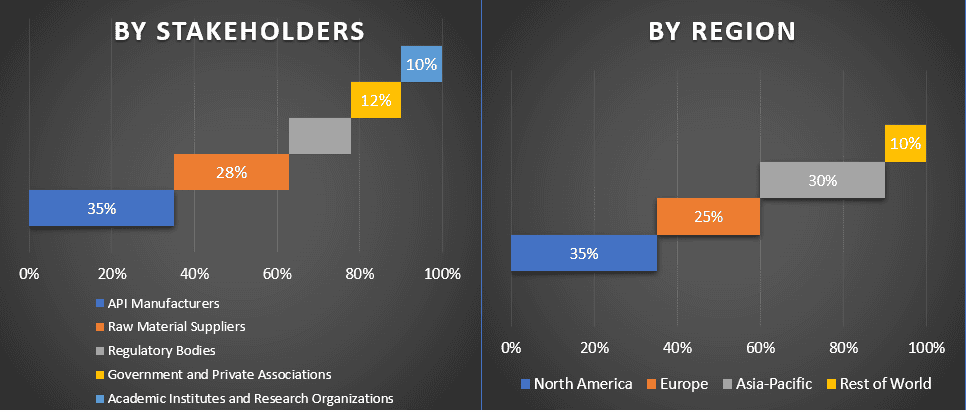
Market Engineering
Data triangulation technique was employed to complete the overall market estimation and to arrive at precise statistical numbers of each segment and sub-segment of the active pharmaceutical ingredient market. Data was split into several segments & sub-segments post studying various parameters and trends in the areas of synthesis, manufacturer type, therapeutic application, and drug type of the active pharmaceutical ingredients market.
The main objective of the Active Pharmaceutical Ingredient Market Study
The current & future market trends of active pharmaceutical ingredients were pinpointed in the study. Investors can gain strategic insights to base their discretion for investments on the qualitative and quantitative analysis performed in the study. Current and future market trends determined the overall attractiveness of the market at a regional level, providing a platform for the industrial participant to exploit the untapped market to benefit as a first-mover advantage. Other quantitative goals of the studies include:
- Analyze the current and forecast market size of active pharmaceutical ingredients in terms of value (US$). Also, analyze the current and forecast market size of different segments and sub-segments
- Segments in the study include areas of synthesis, manufacturer type, therapeutic application, and drug type.
- Define and analysis of the regulatory framework for the Active Pharmaceutical Ingredient industry
- Analyze the value chain involved with the presence of various intermediaries, along with analyzing customer and competitor behaviors of the industry
- Analyze the current and forecast market size of the Active Pharmaceutical Ingredient market for the major region
- Major regions studied in the report include North America (U.S, Canada, and Rest of North America), Europe (Germany, United Kingdom, France, Spain, Italy, and Rest of Europe), Asia-Pacific (China, Japan, India, South Korea, and Others), and the Rest of the World
- Company profiles of the active pharmaceutical ingredient market and the growth strategies adopted by the market players to sustain in the fast-growing market
- Deep dive regional level analysis of the industry
Related Reports
Customers who bought this item also bought



